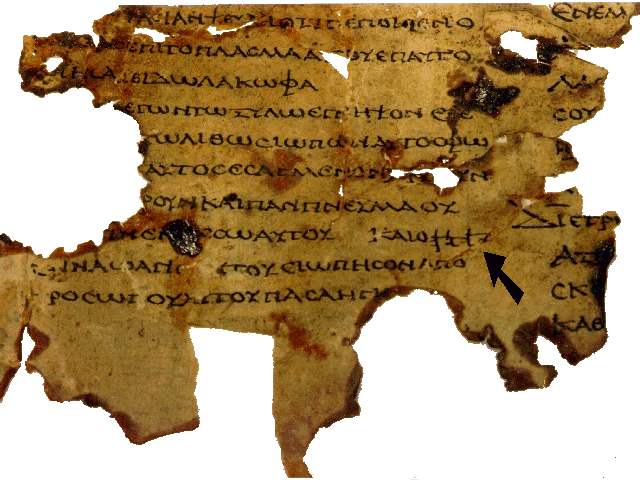A reader sent me a question after my previous post about using “context” to interpret a Bible passage. He asked,
“I agree with you that conjunctions are the most important words in the Bible, however the 和合本 often leaves out conjunctions. Do you teach your students using English Bibles? Do you have them read Hebrew/Greek? Or do you just tell them every time a conjunction is left out of the Chinese?”
I felt like my response could be helpful to others as well, not simply those in China. I want to share a few thoughts that are relevant to anyone who teaches the Bible using a modern translation (especially in Chinese). Teaching the Bible Using a Modern Language
Teaching the Bible Using a Modern Language
First of all, I do not use English Bibles when teaching. I only teach in Chinese. Although our school teaches people Greek and Hebrew, not all the students have taken those classes. I cannot assume that knowledge.
Also, I do use the CUV (HeHeBen, 和合本) despite its gross deficiencies. I do this mainly because this is the version that most of my student use or most of their congregants use. Somehow or another, I need to help make my points using the HeHeBen so that they can do the same for those they teach.
I certainly reference other translations (like the XinYiBen) where it helps. I do this for two reasons. I want to persuade them to switch translations. Also, I want them to see that other widely known versions affirm what I’m saying about a translation of a verse or phrase.
Naturally, I have faced the same frustration and puzzled over this question. On the one hand, people sometimes say that we shouldn’t appeal to the original languages too often because this will make them lose confidence in the Bible they hold in their hands. I understand the concern, but I think we go too far if we don’t talk about the Greek/Hebrew where the point is significant.
Use the Biblical Languages
So, yes, I do appeal to the original languages.
Many of them have language resources that help them at least verify the thrust of what I’m asserting. How often I do this will depend on the class I teach. In Romans, for example, I discuss the Greek very, very frequently. This is because Paul’s logic is so tight in places yet the HeHeBen omits a lot of key words like “therefore” and “because,” sometimes even giving a word its opposite meaning!
 People have to keep in mind that modern translations are not inspired. We ultimately have to use the original languages; otherwise, we enslave our theology to that of the translators and the patterns of thinking inherent to our own language. For instance, Chinese doesn’t utilize participles, yet the entire Greek New Testament hangs on them.
People have to keep in mind that modern translations are not inspired. We ultimately have to use the original languages; otherwise, we enslave our theology to that of the translators and the patterns of thinking inherent to our own language. For instance, Chinese doesn’t utilize participles, yet the entire Greek New Testament hangs on them.
If you only permit yourself to use the Chinese, then there will be certain points you simply cannot make when teaching. Consequently, you can only teach selective portions of the Chinese Bible. This is a flawed approach on many levels. The solution is not to ignore the original languages. Rather, the goal should be to teach the Chinese both Hebrew and Greek.
I recall the words of my own Greek teacher,
We teach you Greek not so that you can translate. We teach you Greek so that you are not a slave to the “big books.”
He was referring to the big scholarly books that give very technical information at points. The person who is not familiar with the biblical languages must simply take the author at his word. However, what if other scholars disagree? What is a writer exaggerates the point a little bit too much?
As a rule, I definitely do NOT want to appeal to other modern languages like English. This gives English authority as a biblical language that it doesn’t deserve.
So, what exactly do we do?
In the next post, I’ll give a few positive suggestions and tips about how to navigate this issue.
Photo Credit: CC 2.0/wikipedia






















